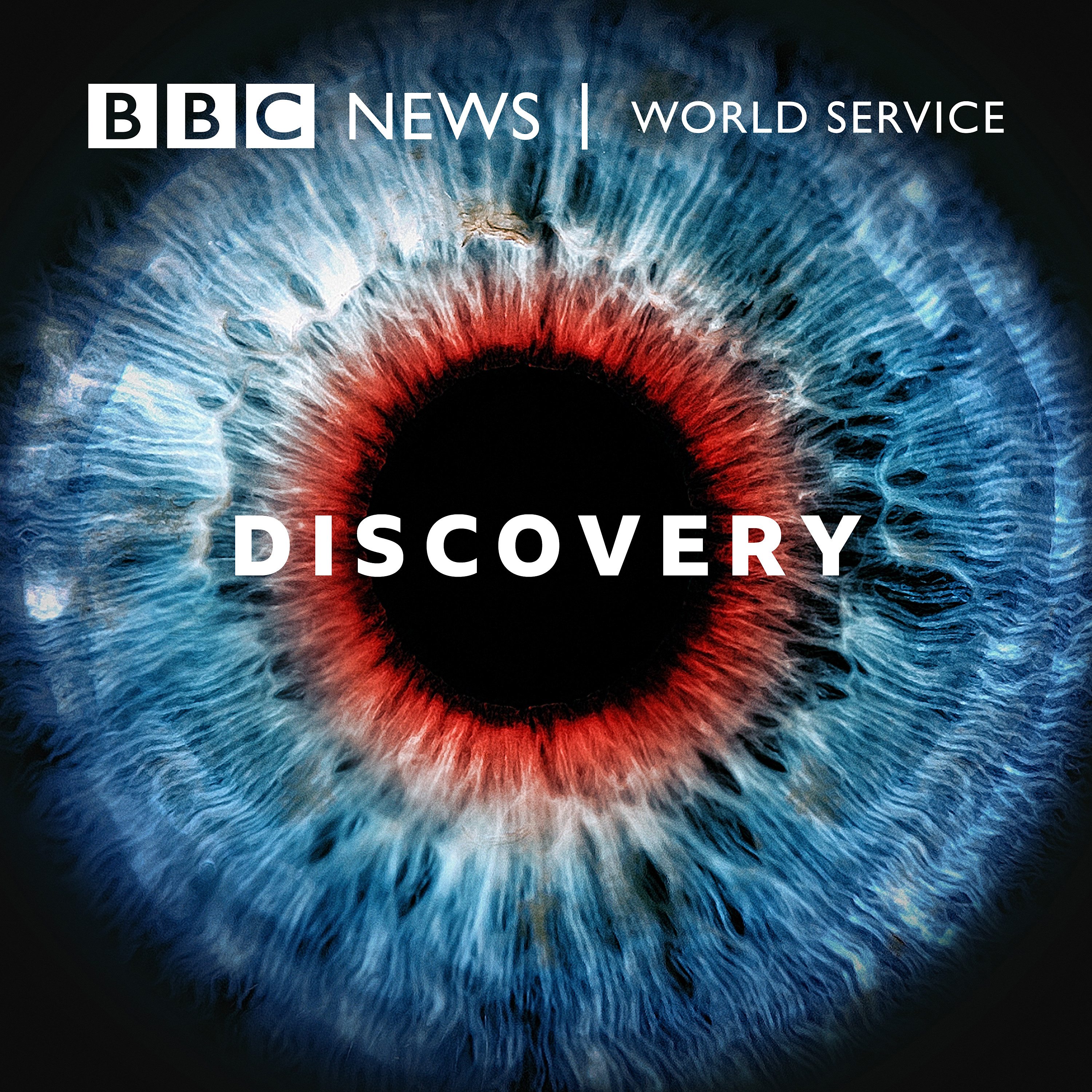
Discovery
Jan 10, 2022
Dr Mitch Lomax is a sports scientist at the University of Portsmouth. She helps actual Olympic swimmers get faster. She explains how most of the muscles attached to our skeletons work: Tiny fibres use small-scale cellular energy, which, when all these fibres work in concert, turns into visible muscular movement. Mitch also explains how the dreaded Delayed Onset Muscle Soreness, or DOMS, can hit, taking a stair-wincing 48-72 hours to peak after exercise.
But skeletal muscles turn out to be quite different to heart muscles, as consultant cardiologist Dr Rohin Francis explains. Heart cells are more efficient and don't get fatigued like skeletal muscle cells. They are extremely energetic and 'just want to beat'. He also explains that the sensory feedback from the heart muscles is different too. They have a different sort of nerve supply, with fewer sensory nerves, so that there is less chance of pain signals being sent to the brain.
However, heart cells' incredible abilities are counterbalanced by one Achilles-like flaw: They cannot easily heal. Professor Sanjay Sinha is a British Heart Foundation (BHF) Senior Research Fellow and a Professor in Cardiovascular Regenerative Medicine at the University of Cambridge. His job is to fix broken hearts and he explains to Adam how new research into stem cells could be used to fix normally irreparable heart cells.
Producer - Jennifer Whyntie and Fiona Roberts Presenters - Hannah Fry and Adam Rutherford

